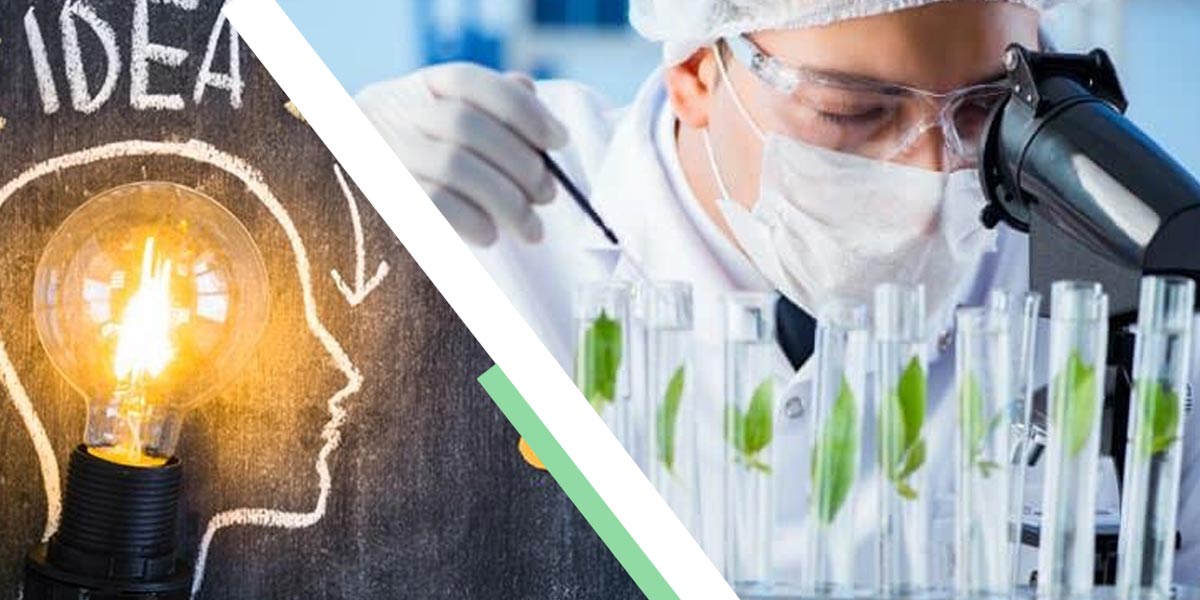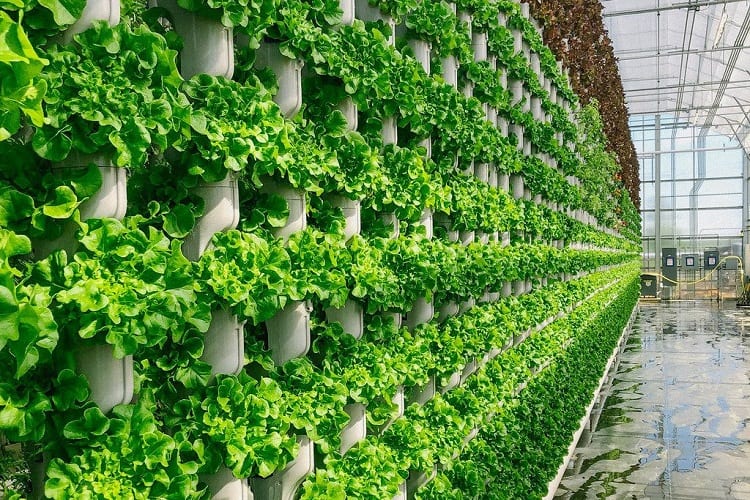Biotechnology has emerged as a powerful force driving innovation across multiple sectors, including healthcare, agriculture, and environmental sustainability. With its foundation rooted in the manipulation of living organisms and biological systems, biotechnology has led to groundbreaking advancements that have transformed industries and improved the quality of life for individuals worldwide. In this article, we will delve into some of the most significant innovations in biotechnology and explore their diverse applications.
Healthcare Advancements
One of the most notable areas where biotechnology has made a profound impact is in healthcare. Through genetic engineering and biopharmaceutical research, scientists have developed innovative therapies and treatments for a wide range of medical conditions. Gene editing technologies such as CRISPR-Cas9 have revolutionized the field of genetics, enabling precise modifications to the DNA of living organisms. This has opened up new possibilities for the treatment of genetic disorders, cancer, and infectious diseases. Additionally, biotechnology has facilitated the development of personalized medicine, where treatments are tailored to the individual genetic makeup of patients. By analyzing genetic markers and biomarkers, healthcare providers can prescribe medications and therapies that are more effective and less likely to cause adverse reactions. This approach has the potential to improve patient outcomes and reduce healthcare costs by optimizing treatment regimens.

Agricultural Innovations
In agriculture, biotechnology has transformed traditional farming practices and revolutionized crop production. Genetically modified (GM) crops, engineered to possess desirable traits such as pest resistance, herbicide tolerance, and increased nutritional value, have become widespread in many parts of the world. These crops offer numerous benefits, including higher yields, reduced pesticide use, and improved food security. Moreover, biotechnology has enabled the development of biofortified crops, which are fortified with essential vitamins and minerals to address malnutrition and micronutrient deficiencies in vulnerable populations. For example, golden rice, a genetically modified variety of rice, is engineered to produce beta-carotene, a precursor of vitamin A. By incorporating biofortified crops into agricultural systems, biotechnology has the potential to alleviate nutritional deficiencies and improve public health outcomes.
Environmental Applications
Beyond healthcare and agriculture, biotechnology has diverse applications in environmental conservation and sustainability. Bioremediation, for example, utilizes microorganisms to degrade pollutants and contaminants in soil, water, and air. This approach offers a cost-effective and environmentally friendly solution for cleaning up hazardous waste sites and restoring contaminated ecosystems. Furthermore, biotechnology plays a crucial role in the development of renewable energy sources and alternative fuels. Biofuels, such as biodiesel and ethanol, are produced from organic materials such as crop residues, algae, and waste biomass. These biofuels offer a sustainable alternative to fossil fuels, reducing greenhouse gas emissions and mitigating the impacts of climate change.
Challenges and Ethical Considerations
Despite its numerous benefits, biotechnology also presents ethical and regulatory challenges that must be addressed. Concerns about genetic privacy, data security, and informed consent are paramount in the era of personalized medicine and genetic testing. Additionally, debates surrounding the use of genetically modified organisms (GMOs) in agriculture raise questions about environmental sustainability, food safety, and consumer choice. Furthermore, the potential misuse of biotechnological advancements, such as gene editing technologies, for unethical purposes underscores the need for robust regulatory frameworks and ethical guidelines. Balancing the pursuit of scientific progress with ethical considerations and societal values is essential to ensure the responsible and equitable deployment of biotechnology innovations.
Future Outlook
As biotechnology continues to advance, its potential to address global challenges and improve quality of life remains promising. From precision medicine and sustainable agriculture to environmental conservation and renewable energy, biotechnology innovations offer solutions to some of the most pressing issues facing society. However, it is essential to approach biotechnological advancements with caution, balancing innovation with ethical considerations and ensuring equitable access to benefits across diverse communities.
Conclusion
In conclusion, biotechnology innovations have far-reaching implications across various sectors, from healthcare and agriculture to environmental sustainability. By harnessing the power of living organisms and genetic manipulation, biotechnology has revolutionized how we diagnose and treat diseases, produce food, and protect the environment. However, addressing ethical concerns and regulatory challenges is crucial to realizing the full potential of biotechnological advancements while ensuring their responsible and equitable deployment for the benefit of humanity and the planet.

